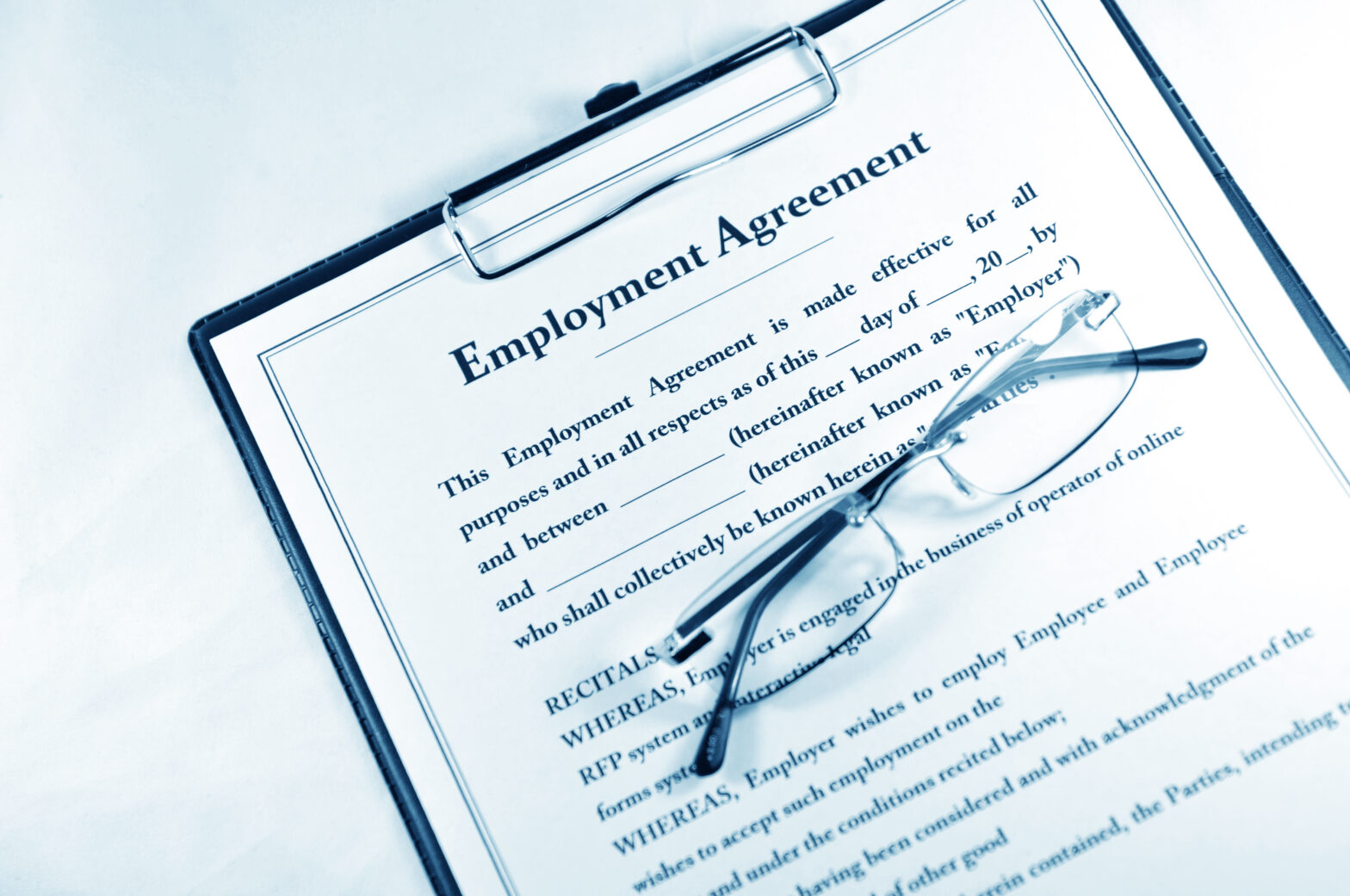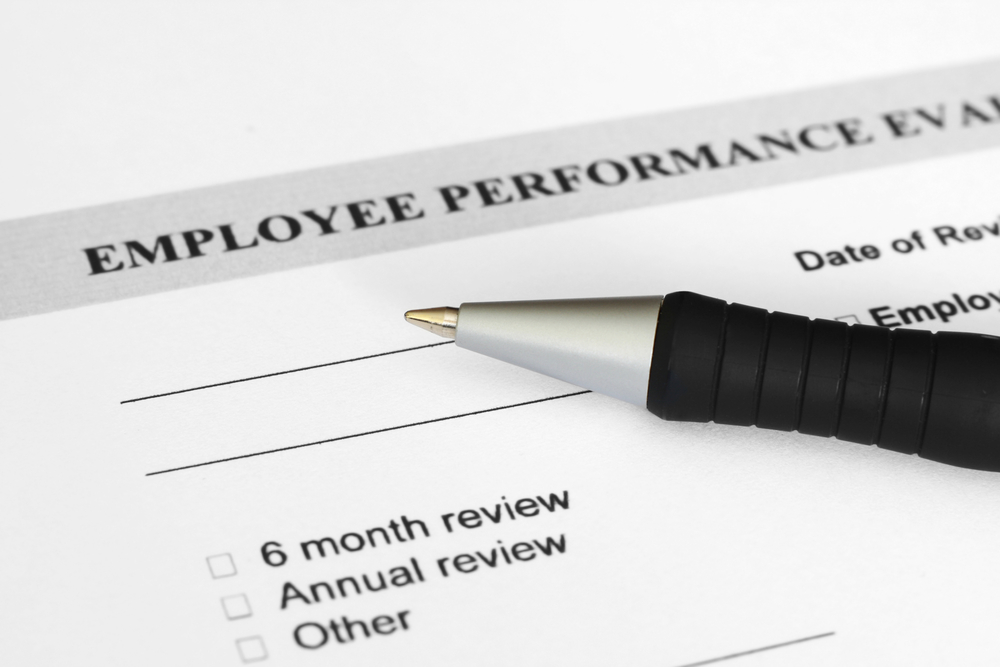Across the country tens of thousands of employees are being asked to return to work. But many employers are faced with a furloughed employee who refuses. The most obvious parallel is in schools, where unions, local councils, parents and teachers fundamentally disagree on how and when to reopen.
Similar stories are emerging about employers and staff, in sectors large and small, across the country. What rights do employers have in such cases, and how do you protect yourself against a detriment/dismissal claim?
Can a furloughed employee refuse to return to work?
The issue many employers are grappling with is whether a furloughed employee who refuses to return to work because of a stated fear of catching coronavirus can be dismissed.
Under the standard employment contract, the furloughed employee is obliged to follow reasonable instructions. One of those instructions contained in the employment contract will be that employees are to attend work within the hours set out.
The key issue in employment law is what is reasonable, and this depends on the precise facts of the case. As a result of the possible ambiguity an employer should carefully consider potential consequences before taking any disciplinary action for failure to attend work.
It is important to remember that although public health advice may say that it is safe for employees to attend work, the law is based on the employee’s subjective perception of whether they thought that going to work posed a serious danger, and in this sense the law is often in favour of the furloughed employee.
If an employer decides to dismiss an employee or subject them to detriment, they should handle this very carefully. We expect significant number of claims from employees, as employers fail to follow the correct procedures. These claims could include:
- Disability discrimination
- Constructive dismissal
- Unfair dismissal
- Claims for detriments suffered as a result of not attending work due to health and safety concerns under s44 ERA
>See also: How to do a coronavirus risk assessment on your small business premises
Unfair dismissal and claims for detriments suffered under s44 ERA
Employers must be careful of claims for unfair dismissal during coronavirus. Under s100 (1) (d)/(e), an employee who is dismissed shall be regarded as unfairly dismissed if they leave the workplace where they believe that the danger is serious and imminent, and they believe it cannot reasonably be averted or if they took appropriate steps to protect themselves from this danger.
In the circumstance of coronavirus, “appropriate steps” may include insisting on working from home, or, if remote working is not available, refusing to attend work at all.
The question here is what is determined as “serious and imminent danger” and more importantly what the furloughed employee reasonably believed to be serious and imminent.
This subjective test is likely to swing more in the favour of employees.
‘The law does appear very skewed in favour of the employee’
It would be very difficult to argue that currently coronavirus is not a serious and imminent danger. Even if an employer has taken steps to curtail the danger, by providing facilities for home working, by carrying out regular risk assessments, by providing adequate PPE, an employee can also argue that the danger is caused by actions of fellow employees, for example not social distancing. Based on this, the law does appear very skewed in favour of the employee.
S44 (1) (d) and (e) ERA protect an employee from being subjected to a detriment for the same reasons.
Under s44 (e) of the Employment Rights Act an employer cannot subject someone to a detriment (loss of wages or discipline), if in circumstances of danger which the furloughed employee reasonably believed to be serious and imminent, he took, or proposed to take appropriate steps to protect himself or other persons from the danger.
If, for example, an estate agency took no measures to allow their employees to work from home, made no efforts to spread out the desks in their office or limit the amount of people in the office, provided no PPE for agents on viewings, still allowed clients to come into the office and enforced no social distancing, an employee then refused to attend work on the basis that they felt unsafe, the employer then cut their wages, a claim under s44 could be brought.
The question is whether the employee had a reasonable belief that coronavirus amounted to serious and imminent danger. When determining this, a tribunal would focus on an employee’s state of mind – it is irrelevant whether the employer agrees. An employer should also recognise that just because the public health advice says it is safe for an employee to go back to work, this will not necessarily reflect the views of the employee.
>See also: Remote working coronavirus: Am I covered by home insurance?
What can employers do?
We have seen that it appears at the current time that it would be difficult for a tribunal to conclude that an employee did not see that coronavirus as a serious or imminent danger. But employers can take steps to change the employee’s perception.
Consider alternatives to taking disciplinary action
Ultimately employers will not want to be subject to employment tribunal claims and the costs associated with them. Litigation should be avoided, especially given tribunals appear to be leaning in employees’ favour.
Employers should therefore look for compromises. The employer should be proactive in speaking to the employee to determine their specific issues and concerns and then work with the employee to look at alternative options. Can employees work from home and, if an employee is unable to work from home, what specific public heath advice is available? Can the employee be placed in an alternative role in the business in which they do feel safe?
Effective communication
For the purpose of unfair dismissal claims and for claims under s44 for detriment claims, an employee does not need to demonstrate that a danger actually existed, but whether they reasonably believed that attending work would put them in danger. An employer can take steps to prevent their employees holding this view by offering PPE where required, providing measures for home working, and carrying out continuous risk assessments. They should make sure that these measures are visible and well communicated to employees. The employer will never fully be able to eliminate the risk but can take steps to make the employee feel safe.
Considering needs of vulnerable employees
Some employees will be at higher risk if they contract the virus than others and employers should consider this and remember that employees will have different needs. For example. if an employee has asthma or a suppressed immune system, steps should be taken to ensure that they feel safe and the employer should recognise that these individuals are more likely to feel in danger than those without these conditions.
What a tribunal will consider
An employment tribunal will consider two questions:
- Is the employee’s perceived risk of contracting coronavirus serious or imminent?
- Does the employee reasonably believe that they will not be able to avert this danger?
Both of these questions are based on the employee’s perception which makes it difficult for employers. As a result, employer’s should be wary of dismissing or “detrimenting” employees for fear of the litigation, however there are measures which can be taken.
- Employers should consider ongoing public health advice and work with trade unions and other businesses to ensure that their employees are adequately protected in the workplace and that they do feel safe to attend work
- Employers should seek to take precautions so that the employee does not perceive there to be a serious and imminent risk of contracting the virus and that they are assured that their employer has taken measures which will help the employee avert the danger.
(It is important to remember that employment claims are likely to be in the early stages and that it is unlikely that tribunals will have seen claims of this specific context before.)
The key is that claims of this nature are often subjective and a tribunal must be careful to not allow abuse of process from disgruntled employees based on the tests in s44.
It remains to be seen how stringent the tribunals will be. It would be unfair on employers to be in a situation where they have no options against employees who refuse to return to work, but equally we must be cognisant of the fact that Covid-19 could be a fact of life moving forward, so employers will need to find strategies to support employees who have genuine and justifiable concerns.
Molly Dilling is a trainee solicitor at Parker Bullen
Further reading
Section 44 – what if an employee won’t return to work post coronavirus?





